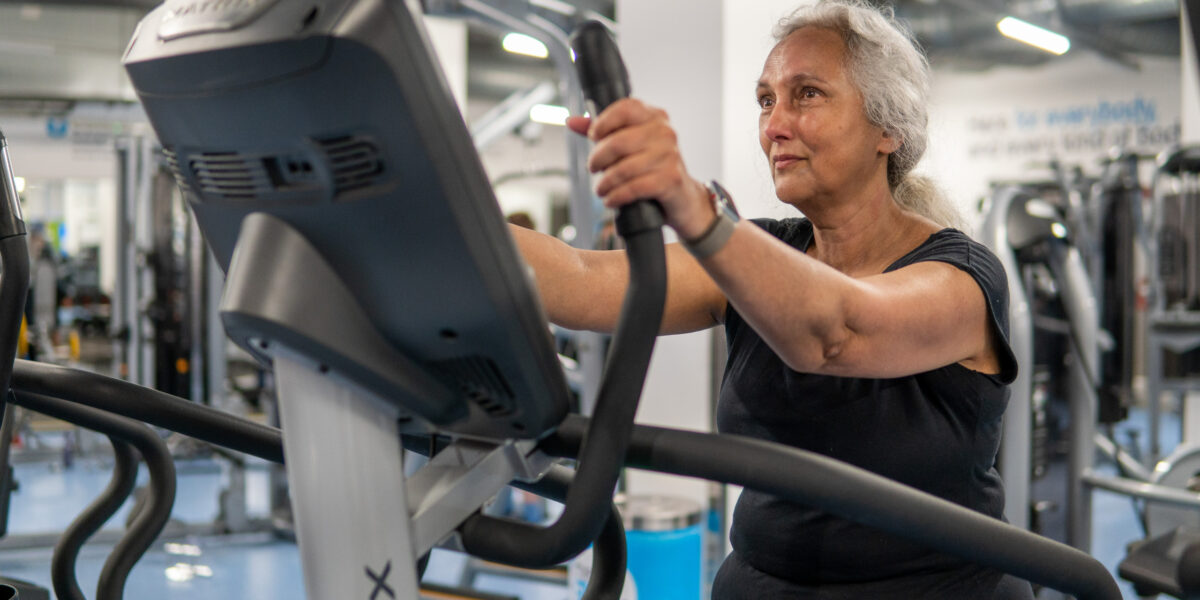Introduction
As we age, the importance of maintaining a healthy lifestyle becomes even more critical. For those over 50, staying active and pursuing a regular fitness routine can bring a multitude of benefits that help improve overall well-being, happiness, and longevity. This blog post will discuss some of the key reasons why fitness is essential for individuals over 50 and provide insight into the positive impact it can have on their lives.
1. Improved Cardiovascular Health
One of the most significant benefits of maintaining an active lifestyle is the enhancement of cardiovascular health. As we age, our risk of developing heart-related conditions such as hypertension, high cholesterol, and heart disease increases. Engaging in regular aerobic exercise can help lower blood pressure, improve circulation, and strengthen the heart muscle. This, in turn, reduces the risk of heart attack, stroke, and other cardiovascular issues that can significantly impact the quality of life for older adults.
2. Stronger Bones and Muscles
Aging naturally leads to a decrease in muscle mass and bone density, which can result in a higher risk of falls, fractures, and mobility issues. Strength training and weight-bearing exercises can help combat these age-related declines. Regular exercise promotes bone growth and density, reducing the risk of osteoporosis and other bone-related issues. Additionally, strength training helps to maintain and increase muscle mass, leading to improved balance, coordination, and overall physical function.
3. Enhanced Mental Health
Physical activity is not only essential for maintaining a healthy body but also for supporting mental well-being. Studies have shown that regular exercise can help alleviate symptoms of depression and anxiety, improve mood, and boost cognitive function in older adults. Engaging in activities that promote physical fitness can help reduce the risk of developing age-related cognitive decline and conditions such as Alzheimer’s disease. Furthermore, exercise serves as a natural stress reliever and can aid in improving sleep quality, both of which are essential for optimal mental health.
4. Increased Social Interaction
For many individuals over 50, social isolation and loneliness can be significant challenges. Participating in group fitness classes, walking clubs, or other physical activities with like-minded individuals can provide opportunities for social interaction and help build a sense of community. Connecting with others who share similar interests can improve mental health, provide motivation, and make exercise more enjoyable.
5. Improved Quality of Life and Longevity
Incorporating fitness into daily life not only helps individuals over 50 to feel better physically, but it also contributes to a higher quality of life. Regular exercise can improve mobility, increase energy levels, and support independence as we age. Moreover, studies have shown that individuals who maintain an active lifestyle are more likely to live longer, healthier lives with a reduced risk of chronic conditions and disabilities.
Conclusion
Maintaining a regular fitness routine is crucial for individuals over 50 to support their overall health, happiness, and longevity. From improved cardiovascular health and stronger bones and muscles to enhanced mental health and increased social interaction, the benefits of staying active are vast and undeniable. By prioritizing physical activity, older adults can enjoy a higher quality of life and embrace the golden years with strength, resilience, and vitality.


